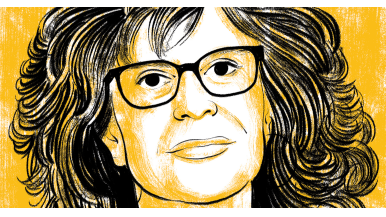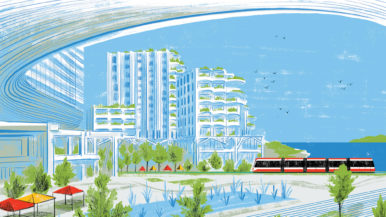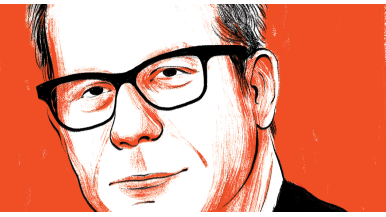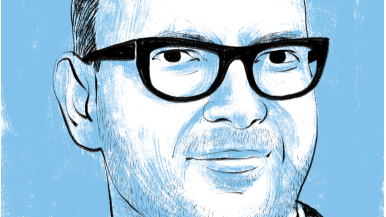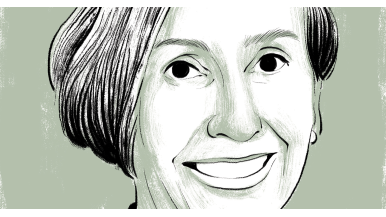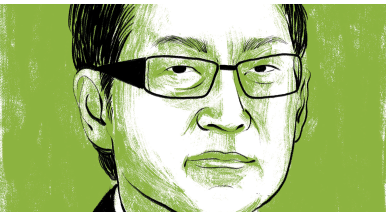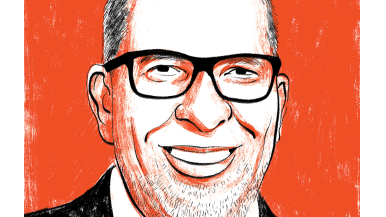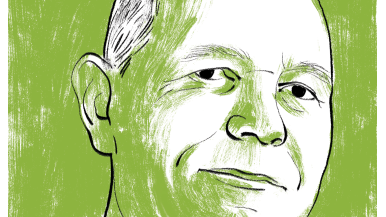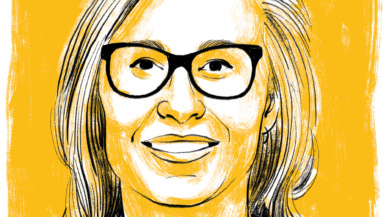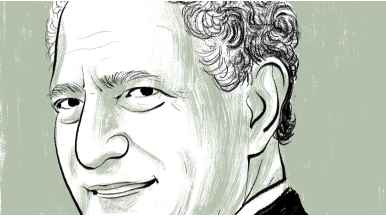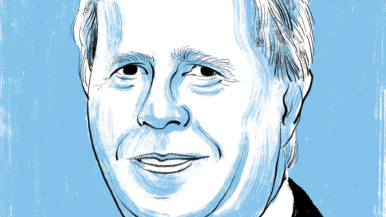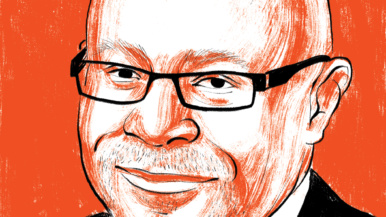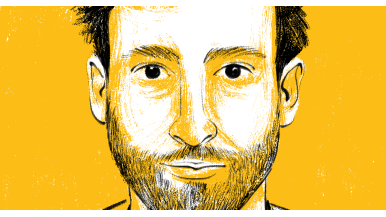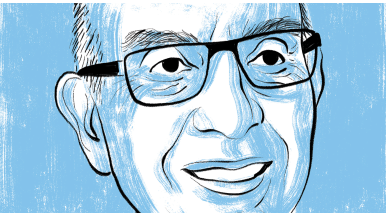Sidewalk needs to work with Toronto’s tech ecosystem

Toronto is not only the fastest-growing city in Canada and the U.S., but also the fastest-growing technology hub. All three levels of governments have created a mandate to build and embed a smart city in Toronto—a showcase neighbourhood development driven by data, digital innovation and clean tech.
This combination exists nowhere else in the world, and that matters. By 2050, the world’s
population will approach 10 billion, and more people will be clustered in urban centres, creating pressures that can only be solved with inclusive urban innovation. You won’t need an advanced degree in statistics to see that Toronto’s technological prowess will put us at a serious advantage.
Toronto’s existing tech community should get behind many of the smart-city proposals outlined in Sidewalk Labs’ master innovation plan for its Quayside project. Some parts of the proposal are brilliant— its ambition, its embrace of best available tools, its seeming good intentions around touchy civic issues like privacy and the environment.
But these laudable aspects won’t be worth the paper—all 1,524 pages—they’re printed on unless they work with the already-thriving local urban innovators. An initiative of this scope requires collaboration by all major stakeholders. No single institution or organization can carry it alone, no matter how big or well backed it may be.
This is where Sidewalk Labs has faltered. The principals have spoken to thousands of Torontonians about their plans for the Quayside development, and they’ve made the rounds of the business and civic communities to solicit support. But they haven’t yet engaged with our tech innovators in any material way. It could be holding more substantial consultations with innovation hubs including DMZ and OneEleven, which collectively support thousands of start-ups in the Canadian ecosystem.
Where it makes sense, Sidewalk should be inviting more start-ups to propose win-win investments that raise all boats. Sandbox projects with our start-ups are few and far between. At least two start-ups in the clean-tech/energy sector have met with Sidewalk, but there are dozens more in our community that could offer innovative solutions, and whose businesses could see a commercial lift by collaborating in the smart city initiative along the waterfront. Start-ups should be more systematically engaged, and hubs could curate those introductions.
I support Waterfront Toronto’s efforts in the best interests of our city, in negotiating a fair deal that will actually create the circumstances for this initiative’s success. Now we’re calling on Sidewalk Labs to meaningfully engage the rest of Toronto’s innovation ecosystem, including ventures in the energy, transportation, big data, and health sectors. They need to respect the city it’s entering, to demonstrate how it is accommodating citizen concerns, to be transparent about its intentions and to truly collaborate with the existing local ecosystem. As a big new player in this city, they need to make as many deposits as withdrawals.
This story originally appeared in the September 2019 issue of Toronto Life magazine. To subscribe, for just $29.95 a year, click here.
